
As one of the world’s largest cement producers, India plays a pivotal role in global CO₂ emissions from the sector. Decarbonisation is no longer optional—it is both an environmental imperative and a strategic necessity for long-term competitiveness.
The 11th Indian Cement Review Conference, held alongside the 15th Cement Expo and 9th Indian Cement Review Awards, will focus on the theme “Collaborating for Decarbonising Cement Industry.” The conference will unite industry leaders, policymakers, innovators, and solution providers to discuss strategies for reducing carbon emissions, driving technological transformation, and ensuring sustainable growth in India’s cement sector. Expert speakers and decision-makers will share actionable insights to make India’s cement industry greener, more competitive, and future-ready.





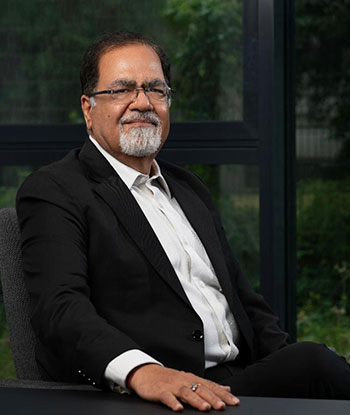
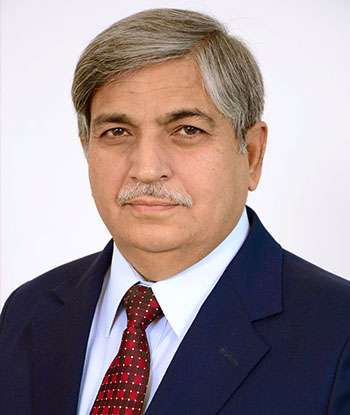
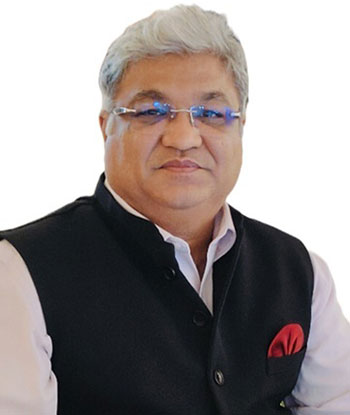


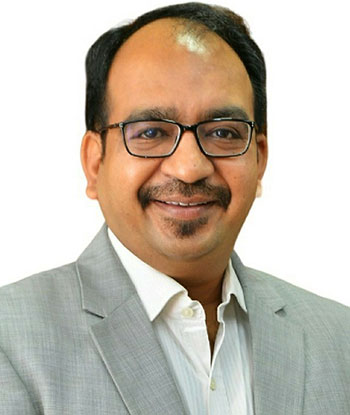


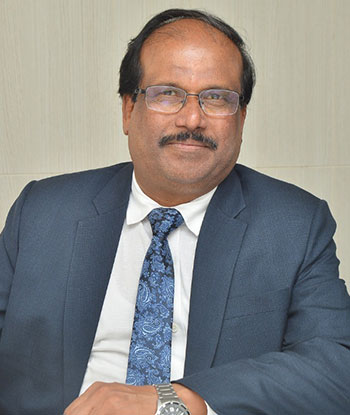


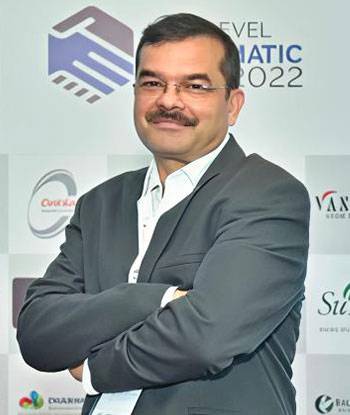
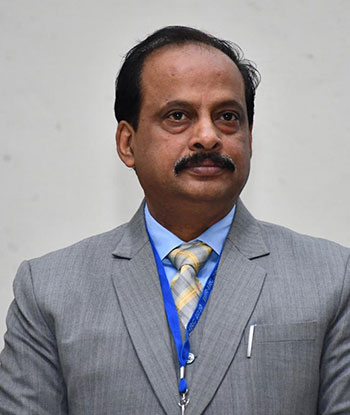

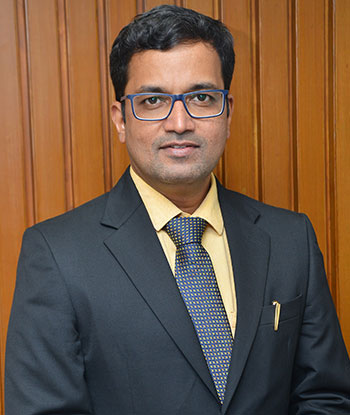









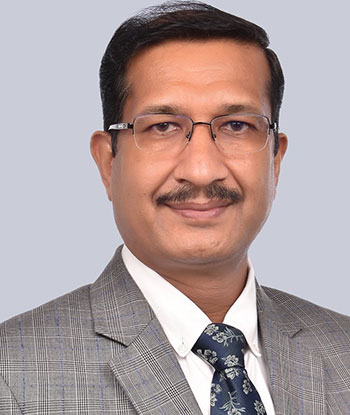
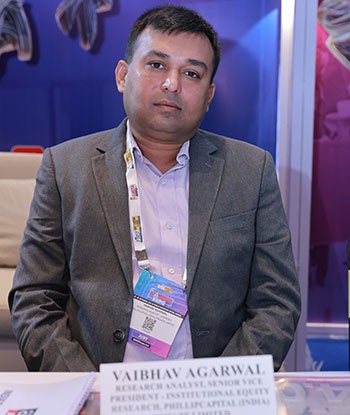














9:30 am - 10:00 am
10:00 am - 10:10 am
10:25 am - 10:40 am
10:50 am - 11:10 am
11:10 am - 11:30 am
11:30 am - 12:35 pm
Infrastructure is a key demand driver for cement accounting for about 29-31% of the domestic demand. Within infrastructure, roads have been the largest contributor, followed by railways, irrigation and urban infrastructure. In budget 2025-26, the government has increased spending on large-scale housing projects and allocated Rs 11.21 trillion in capital expenditure for FY26 (a 10% hike compared to last year. While this is expected to boost cement demand, sustainability pressure on these end-user industries will also be felt on the cement makers. This Panel will discuss how government policies and end-user industries are enabling a decarbanisation in the cement industry.
Key Discussion Points:
12:35 pm - 12:50 pm
"Sustainable Technological Advancement with Grinding Wear Parts"
12:50 pm - 01:00 pm
“KHDs’ Solutions to Decarbonisation - Cement Beyond Carbon”
01:00 pm - 02:00 pm
02:00 pm - 02:10 pm
02:25 pm - 02:35 pm
02:35 am - 03:35 pm
Cement is one of the most energy intensive industrial sectors and accounts for nearly 18 per cent of India’s industrial sector emissions. While the cement industry has made significant improvements in energy efficiency, installation of waste heat recovery systems, clinker factor optimisation, etc, there is still a long way to go. The Panel will discuss technological interventions required to help accelerate a shift to low carbon pathways.
Key Discussion Points:
03:35 pm - 03:45 pm
03:45 pm - 03:55 pm
03:55 pm - 04:10 pm
04:10 pm - 04:30 pm
04:30 pm
9:30 am - 10:00 am
10:00 am - 10:05 am
10:15 am - 10:25 am
“Boost sales and optimise cement logistics with 24/7 silo monitoring”
10:25 am - 11:30 am
As India pushes forward on its net-zero targets, Carbon Capture, Utilization, and Storage (CCUS) emerges as a critical pathway for deep decarbonisation. Cross-sectoral collaboration and strategic public-private investments will be key to unlocking the full potential of CCUS in India’s cement industry. This panel explores the urgency of integrating CCUS into cement operations, the financial and technological hurdles, and the policy environment needed to support widespread adoption.
Key Discussion Points:
11:30 am - 11:40 am
Presentation of the ICR Person Of the Year Award 2025 to Madhavkrishna Singhania, Jt MD, JK Cement Ltd
11:40 am - 11:50 am
“Smart Solutions for Co-processing of Alternate Solid Fuels”
12:00 pm - 1:00 pm
Machinery, components, distribution and logistics can collectively drive carbon reduction and energy efficiency in the cement industry. The panel will highlight on how the broader cement ecosystem — including machinery/component suppliers, logistics providers, etc - help in optimising production, supply chain and transportation for the decarbonisation in the cement industry.
Key Discussion Points:
1:00 pm - 01:15 pm
01:15 pm - 02:23 pm
03:50 pm - 04:05 pm
04:05 pm - 04:20 pm
04:20 pm - 04:30 pm
04:30 pm